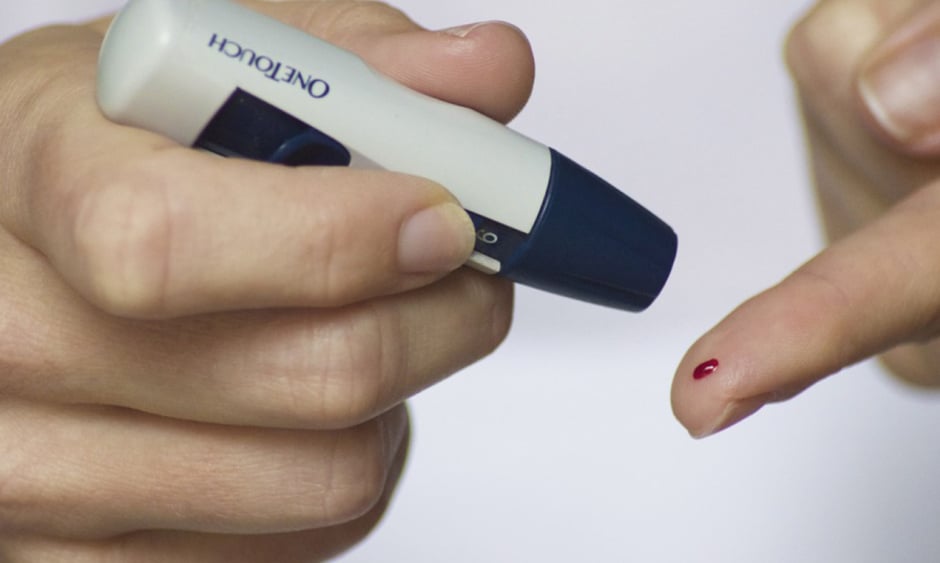LIFE-THREATENING cirrhosis and liver cancer are possible outcomes of conditions such as non-alcoholic fatty liver disease (NAFLD) and non-alcoholic steatohepatitis (NASH). The results of a recent study conducted by Queen Mary University of London, London, and the University of Glasgow, Glasgow, UK, have indicated that patients with Type 2 diabetes mellitus (T2DM) may be at a higher risk than the general population of developing NAFLD or NASH, and as such closer monitoring of these patients is warranted to help diagnose conditions early and avoid the possible life-threatening outcomes of the disease.
The study, which set out to investigate the risk of cirrhosis and liver cancer in people with NAFLD and NASH, took into account the electronic health records from 18,782,281 adults in Italy, the Netherlands, Spain, and the UK. Of these, 136,703 patients had received a diagnosis of NAFLD or NASH and each of these records were matched with those of 100 control patients according to sex, age, location of practice, and date of visit. NAFLD or NASH patients were more likely to have high blood pressure, obesity, and T2DM than their matched controls. The researchers found that, compared with the controls, the risk of later receiving a diagnosis of cirrhosis or liver cancer was 4.73 times or 3.51 times higher, respectively, in NAFLD or NASH patients. Median follow-up period of the study was 3.3 years, however it’s important to note that this is much shorter than the timespan for advanced liver disease to develop from NAFLD or NASH, indicating that some European patients may already have advanced liver disease by the time NAFLD or NASH is diagnosed.
With this in mind, the researchers have suggested that T2DM patients would benefit from closer monitoring in order to diagnose these conditions earlier and potentially avoid the development of more advanced, potentially fatal, liver disease.








